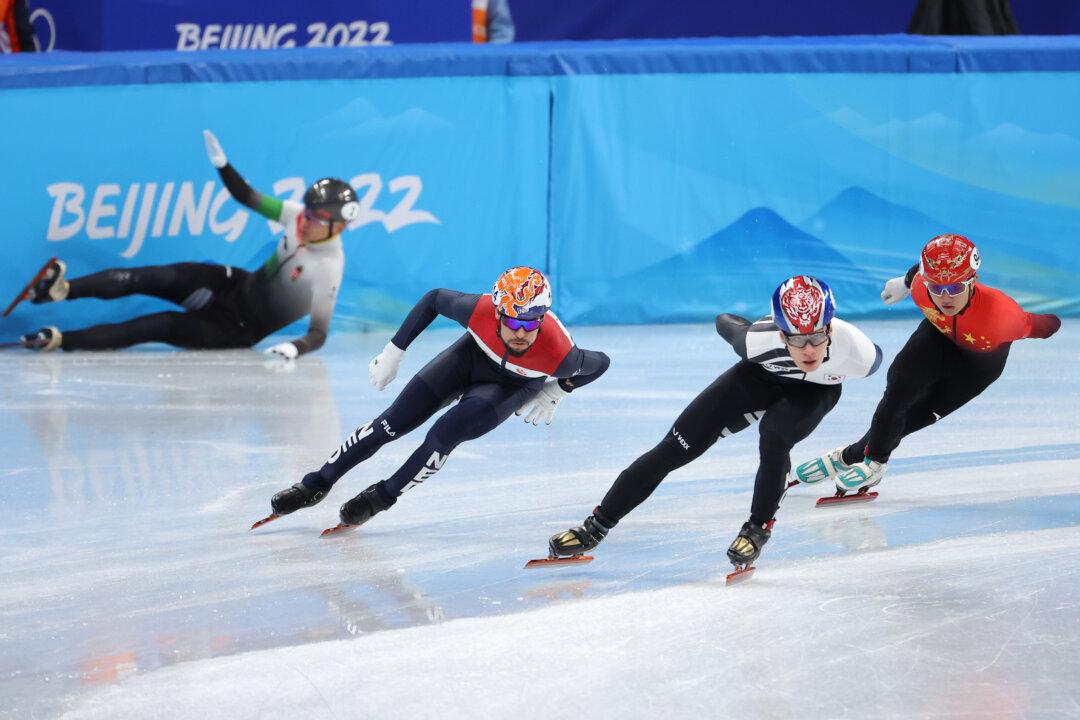Disputes at the Beijing Winter Olympics, from women wearing Hanbok at the opening ceremony to a controversial penalty in short track speed skating have sharply inflamed anti-Chinese Communist Party (CCP) sentiment in South Korea. This could influence how people vote in South Korea’s presidential election in March.
Hanbok Controversy
At the Opening ceremony of the Beijing Winter Olympics on Feb. 4, a Korean-Chinese woman was dressed in Hanbok—South Korea’s national dress—as a representative of China’s ethnic minority, which has drawn strong criticism from South Koreans, including their politicians. The critics have said the move was tantamount to Beijing claiming Hanbok as Chinese culture, and that China appropriates South Korea’s traditional culture.Hwang Hee, South Korea’s Minister of Culture, Sports and Tourism, said on Feb. 5 that China’s move was likely intended to show that ethnic Koreans are a minority in China, and that it may cause misunderstanding between the two countries, which is regrettable.






